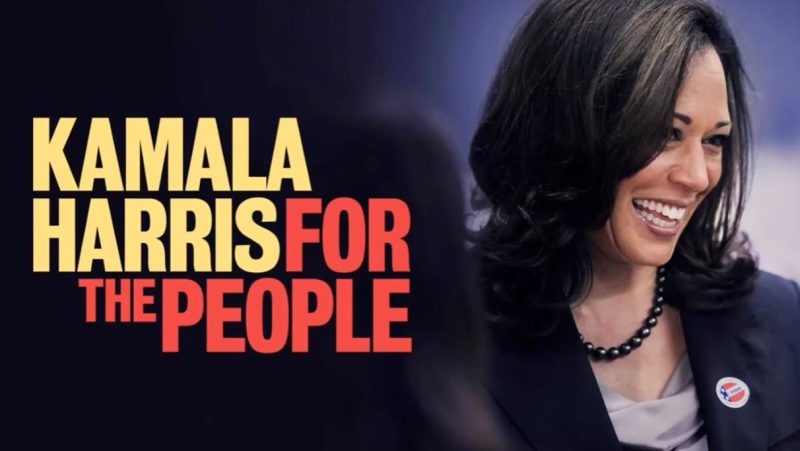
As the 2024 presidential race heats up, former President Donald Trump has intensified his attacks on Vice President Kamala Harris, resorting to personal and sexist rhetoric that many find troubling and unbecoming of a former head of state.
These attacks have become a significant aspect of his campaign strategy as he navigates the political landscape following President Joe Biden’s decision not to seek re-election.
The Nature of Trump’s Attacks
Since Biden’s exit from the race, Trump has shifted his focus to Harris, targeting her with a barrage of insults that many critics view as both sexist and racially charged. Trump has frequently described Harris as “disrespectful,” “nasty,” and “angry,” which taps into long-standing sexist and racist tropes about Black women. In addition to these attacks, Trump has called Harris a “childless catlady” and “incompetent,” further underscoring his use of derogatory language aimed at undermining her credibility based on personal and gendered slurs.
The Context of Biden’s Withdrawal
Biden’s withdrawal from the race has created a seismic shift in the political dynamics. Harris, now the presumptive Democratic nominee, has found herself at the center of Republican attacks. Within hours of Biden’s announcement, Trump’s campaign released statements tying Harris to the perceived failures of the Biden administration, attempting to paint her as an enabler of a “diminished” president.
The Response from Trump’s Campaign
Trump’s campaign, along with aligned super PACs, has reserved significant airtime in swing states to define Harris negatively to undecided voters. This strategy aims to exploit any potential vulnerabilities in Harris’s record and to question her suitability for the presidency, often through the lens of gender and race. His labeling of Harris as a “childless catlady” and calling her “incompetent” are part of a broader effort to diminish her public image through personal attacks rather than substantive policy criticism.
Public and Political Reactions
These attacks have sparked widespread criticism from various quarters, including Republican leaders who have urged their colleagues to avoid overtly racist and sexist rhetoric. The controversy highlights the ongoing struggle within the GOP to balance effective political strategy with a commitment to respectful and inclusive discourse. The use of terms like “childless catlady” has particularly drawn ire, as it not only devalues Harris’s personal life choices but also reinforces outdated stereotypes about women.
Conclusion
Trump’s intensified focus on Kamala Harris underscores a broader pattern in his political strategy: leveraging divisive and inflammatory rhetoric to energize his base. As the 2024 campaign progresses, the nature and tone of these attacks will likely continue to be a focal point, raising important questions about the role of civility and respect in American politics. For voters, this moment serves as a critical reflection on the values and standards they wish to see in their leaders.
By understanding the dynamics at play, voters can better navigate the political landscape and make informed decisions as the election approaches. The discourse surrounding Harris not only impacts her candidacy but also reflects on the broader cultural and societal attitudes toward women in leadership.
